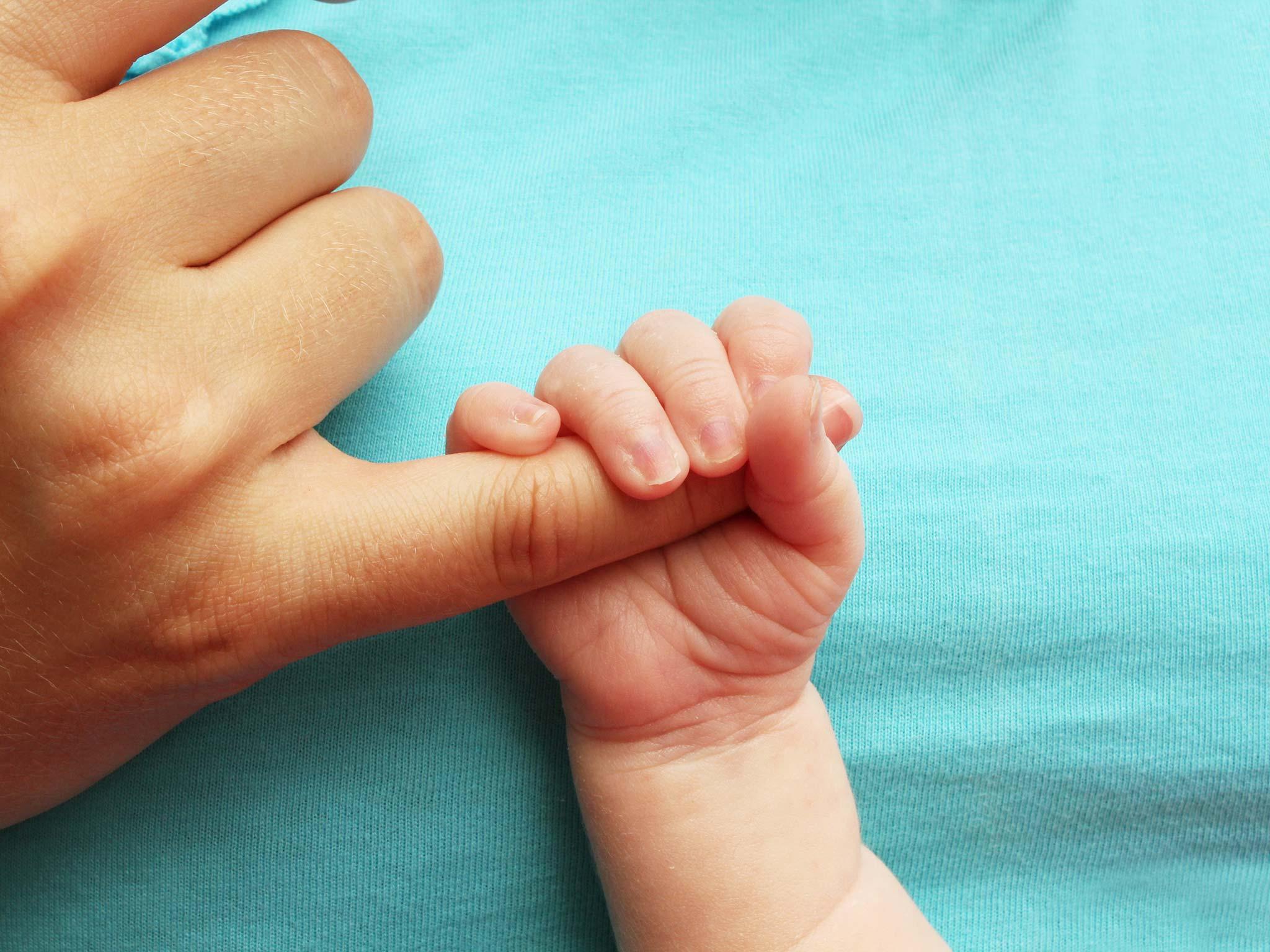I used a sperm donor for both of my children. Here’s what the process is really like
The lists of details about each man weren’t unlike the lists of traits I’d seen on dating websites. I couldn’t find anyone whose family had been untouched by cancer


As a single woman in my mid-thirties, I was no stranger to flicking through the profiles of men online, reading about their interests and personality traits. And when I logged onto a sperm bank website, the similarities with online dating sites took me aback. There were no flirty comments, of course, and a lot more baby photos, but the gallery of men sharing their details felt strangely familiar.
It was an online shopping trip I would never have anticipated in my twenties, when I took it completely for granted that one day I’d become a parent. I’d always wanted to bring up children and watch them discover the world; I’d presumed it would be with someone with whom I was in love.
But after a couple of relationship breakups, one of which happened just weeks after a miscarriage, I learnt that the course of adulthood doesn’t always run smooth. I had a fertility test when I was 36, which came back showing I had a low ovarian reserve, and was told by a fertility specialist that if I wanted to try to have children there was no time to lose.
It wasn’t a difficult decision: If I wanted to wait to be in a loving relationship — which felt important to me — I had to be comfortable that I might not be able to have children. I had no idea whether I could carry a child, but to not even try to become a parent felt like one of the few things I might regret. While there was no time limit on meeting a partner, there was little time left to try and have children.
So I joined the growing number of single women who seek the help of a sperm donor to try to conceive. I was open with friends and family about my decision and didn’t encounter prejudice from those close to me, simply empathy and understanding. My mother voiced her concerns that I might not be choosing an easy life for myself; when I explained that not trying to become a parent would also not be an easy life, she offered her encouragement. I felt like I had an army of supporters behind me. Indeed, I feel incredibly lucky to live in a time and place where I had the option to choose a donor through a regulated sperm bank to help me create a family — and will always feel incredibly grateful for this kind act.
I was pleasantly surprised by the level of health detail supplied to potential parents choosing a donor: not only could I read about the health of the donor, but also his siblings, parents, grandparents, aunts and uncles. And this became my biggest guide to choosing sperm; when I looked through potential profiles it seemed a good basis upon which to make my selection. I was conscious at the time that I would never seek this level of health detail from a partner before trying to conceive. And no one has a crystal ball as to whether they or their future children will develop health problems, however they are conceived.
I couldn’t find any donor whose family was untouched by cancer, just as I’ve never met anyone whose entire family has avoided all physical or mental illness. But this didn’t concern me. After all, the use of donor sperm and eggs helps people create families as infertility levels soar globally; it’s not a way of trying to create superhumans.
I was lucky enough to be able to carry two children and can’t imagine life without them both.
Last week, Laura and David Gunner, whose son Steven died of an opioid overdose in 2020 at the age 27, called for greater health regulation for sperm donors. The couple had selected Donor 1558 to help create their son from a US-based sperm bank called Fairfax Cryobank. Their son and his donor both had schizophrenia, which may in some cases run in families. At the time, health screening was not as rigorous and Donor 1558’s file made no mention of the mental health problems he had experienced in his lifetime. The fog of grief that Steven Gunner’s parents are enduring must feel close to unbearable. That their son may have inherited his mental health problems from his donor must feel, for them, like a further injustice. Though it may be little consolation to them, their grievances with the sperm bank mean that there is a new and long-overdue focus on the infertility and sperm and egg donation industry.
There is no doubt that sperm donor regulation needs to improve. In the UK, the HFEA wisely limits the number of families for any one donor to ten. In the US, there is much less regulation and some sperm banks will use one donor to help people create dozens of families around the world. Such behavior clearly puts profit before the welfare of potential children, who may have hundreds of genetic half-siblings. I’m far more concerned about this than the already extensive health screening for genetic health problems that is standard across sperm banks worldwide.
The infertility industry is hugely profitable and there’s no doubt that parts of it exploit the yearning for children that some people experience. Hopefully we will see further regulation to make sure future children’s lives are always considered, rather than cynical profiting from the heartbreak of infertility with little thought to the lives being created.
Genevieve Roberts is author of Going Solo: My Choice to Become a Single Parent Using a Donor (published by Hachette in the US and Little, Brown in the UK)

Join our commenting forum
Join thought-provoking conversations, follow other Independent readers and see their replies